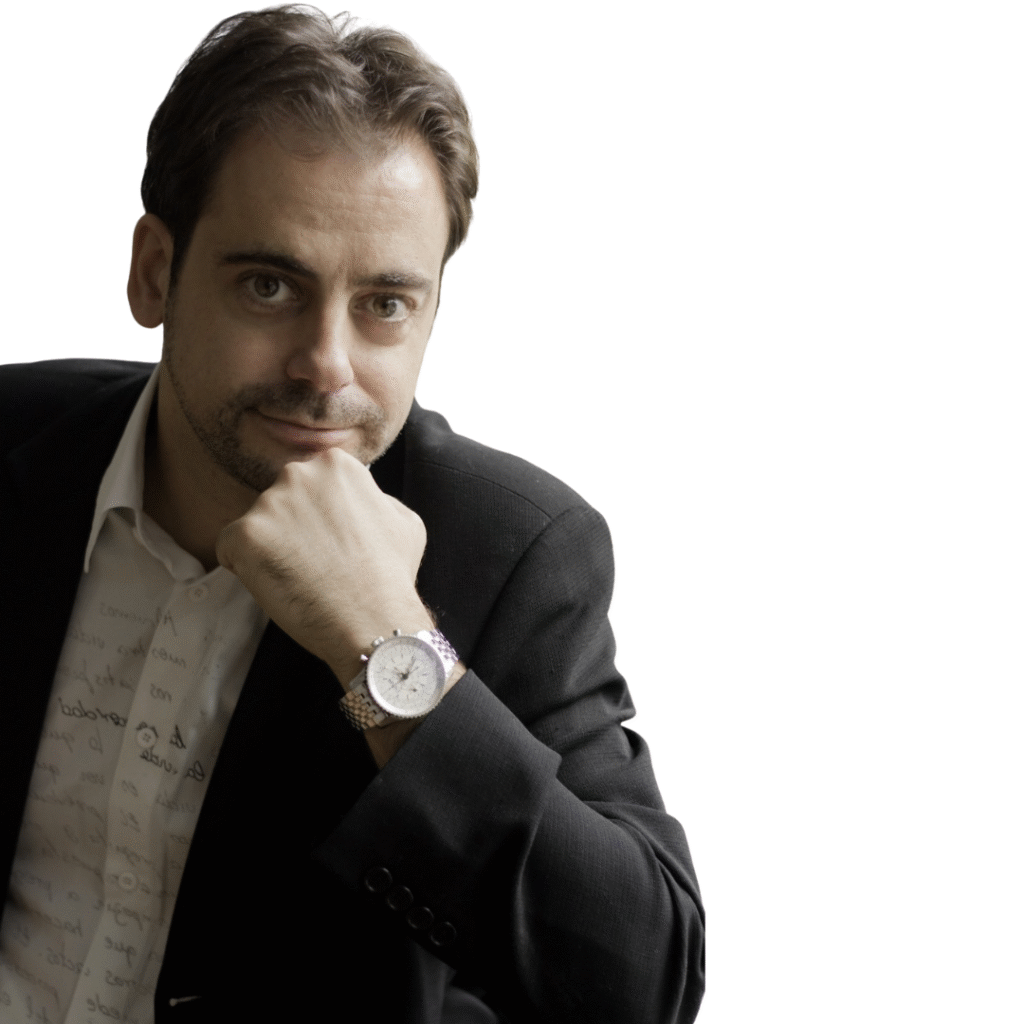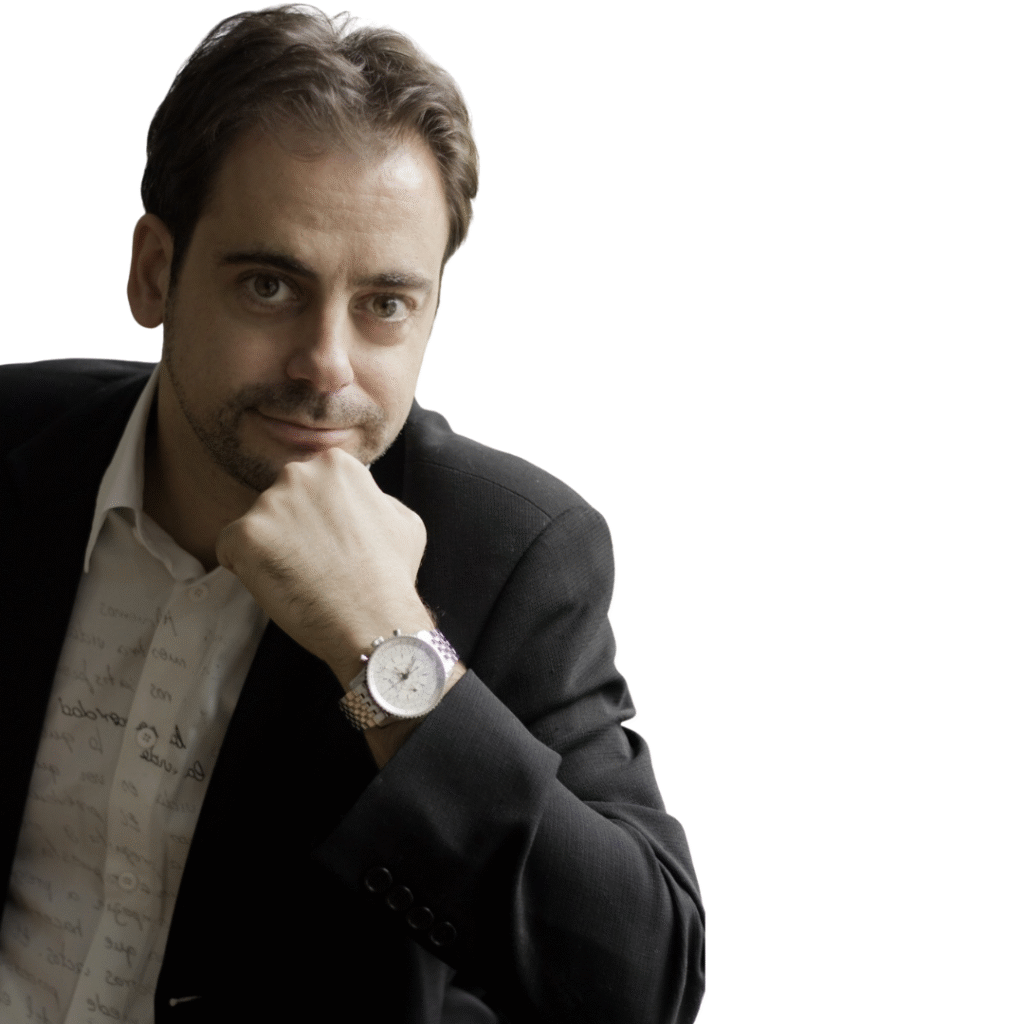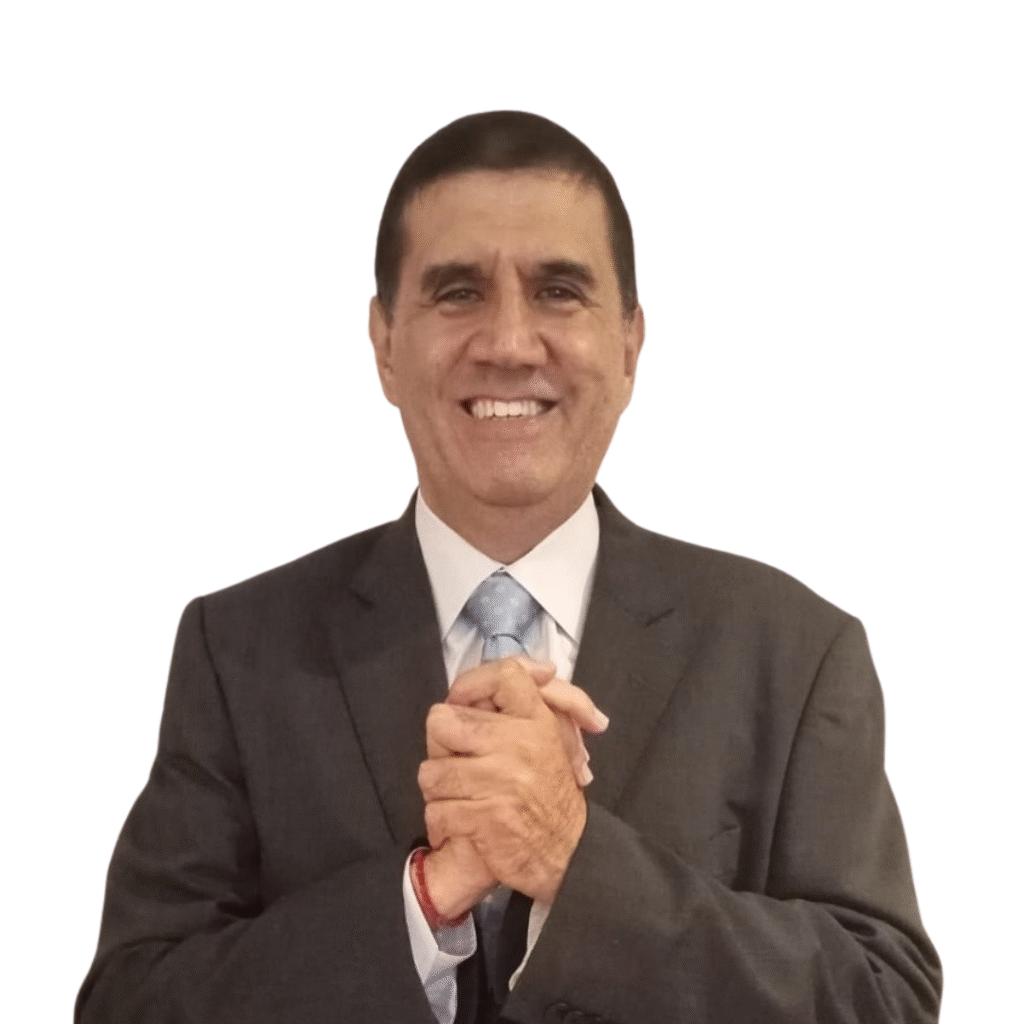Beyond Reason: When the Bond is at Stake
In an era where differences of opinion can turn into trenches, personal relationships face a silent but profound challenge: how to live with those we love when we think differently? The question is not theoretical. It appears every time a conversation with a partner, a child, or a close family member transforms, without warning, into an emotional battlefield.
“If we lived alone, everything would be easier,” reflects Pedro Amador, an expert in well-being and happiness management. “We could eat what we wanted, watch what we wanted, live without argument. But we don’t live alone, we are relational beings.” And that coexistence, however desired, demands a daily practice of respect, pause, and perspective.
Critical Thinking vs. Reductionist Thinking
One of the keys Pedro proposes to defuse conflict is learning to distinguish between critical thinking and reductionist thinking. The first allows for doubt, exploration, and asking questions. The second operates from absolute certainties: “I already know what you’re going to say, I already know how you are.”
“Our mind needs control because it is designed to protect us from the lurking lion. But today we don’t live surrounded by lions: we live surrounded by people with different stories, different cultures, and legitimate ways of seeing life,” he points out. That’s why he insists on “giving the benefit of the doubt.” Instead of imposing a judgment on what the other person is or thinks, make space to ask: “How are you today?”, “What made you think that?”.
Our co-founder Ursula Pfeiffer summarizes it this way: “When we use adjectives about the other person —dumb, immature, exaggerated— we are activating their defense. There is no longer listening, only reactivity. Sometimes it’s enough to describe the fact and how it made us feel, without needing to categorize it.”
Emotional Matrix: Not Everything Deserves a Response
Faced with comments that seem designed to confront —an extreme idea, a provocative statement— Pedro resorts to an unexpected image: the scene from The Matrix where bullets are dodged in slow motion. “Not all bullets are aimed at you. Sometimes you just have to step aside and let them pass.”
This “Matrix effect” is not about ignoring the other person, but about avoiding automatic reactions that only fuel conflict. “Silence can be passive-aggressive, yes, but it can also be an act of self-care when you know the conversation is not going anywhere healthy.”
Sometimes, the urgency to correct the other —to convince them, re-educate them, open their eyes— comes more from ego than from love. And that urgency, far from bringing people closer, hurts.
The Couple as a Project: From Invisible Contract to Explicit Pact
A lasting couple relationship is not built on ideological coincidences or compatibility filters. It is built, as Pedro explains, “on a conscious commitment to grow together even when one of the two is not well.” In his words: “Life as a couple is a marathon. If your partner falls at kilometer one, do you leave them behind or do you accompany them?”
This implies accepting that, at certain times, the other person may be going through grief, accumulated stress, or a stage of intransigence. It’s not about justifying hurtful attitudes, but about recognizing that the other person is also battling their own monsters.
And in that context, mutual commitment needs to be reviewed regularly. Pedro proposes a simple but transformative ritual: “Every month, without cell phones, with full attention, talk about how you are. What things are working, what things are uncomfortable. Don’t wait for something to explode to then say everything.”
Tools for Rebuilding Communication
The practice of communicating with respect and without labels involves trial and error. There is no single formula, but there are principles that, applied consistently, can radically change the dynamic:
- Deactivate triggers. Avoid adjectives and labeling phrases. Instead of “you are very selfish,” try “when you do this, I feel alone.”
- Change urgency for sowing. Not all conversations need to be resolved at the moment. Some ideas need to germinate.
- Be aware of the other person’s emotional rhythm. Not everyone processes at the same time. And it is not a sign of lack of love if someone needs silence before responding.
- Reserve spaces for encounter. Establish regular couple conversations, without interruptions, as you would with an important project. Because it is.
- Seek professional help if necessary. “If a situation repeats itself over and over again and they can’t find a way out, going to a couple’s therapist is an act of maturity, not failure,” Pedro maintains.
Intimacy Does Not Require Uniformity
One of the false beliefs that most fractures relationships is the idea that the other person must be like us. Thinking alike, feeling alike, changing at the same pace. “We don’t need mirrors, we need allies,” Ursula reminds us. “It’s not about taming the other, but about building something together from difference.”
Diversity within a couple —of opinions, styles, times— can be a richness if handled with honesty. But for that, it is key to renounce control, the fantasy of molding the other according to our expectations.
Pedro says it clearly: “You cannot change anyone who does not want to change. You can invite, suggest, accompany. But only the other person can choose to transform.”
What if we leave the fairy tale behind?
Much of the romantic disillusionment arises from what is unsaid: expectations never discussed, ideals inherited from stories that end in marriage but never narrate what happens afterward. “We have been raised with a Walt Disney culture that promises us Prince Charmings, but does not prepare us for what comes after ‘I do’,” Pedro warns.
The true challenge, then, is not to find someone perfect, but to be willing to build —day after day— an imperfect but genuine relationship. “I wake up every day knowing that I have to win my partner over again. That love has to be sown daily,” he shares.
That constancy, more than any idealized romanticism, is the key for a relationship to grow with strong roots. And if one day those roots waver, we must have the humility to return to the origin, to water what was neglected, to prune what hurts. Not to be the same as before, but to choose again to be there.
Watch the complementary episode “How to maintain healthy relationships in a polarized world” on our YouTube channel: https://youtu.be/GmLpKSPrqSU


